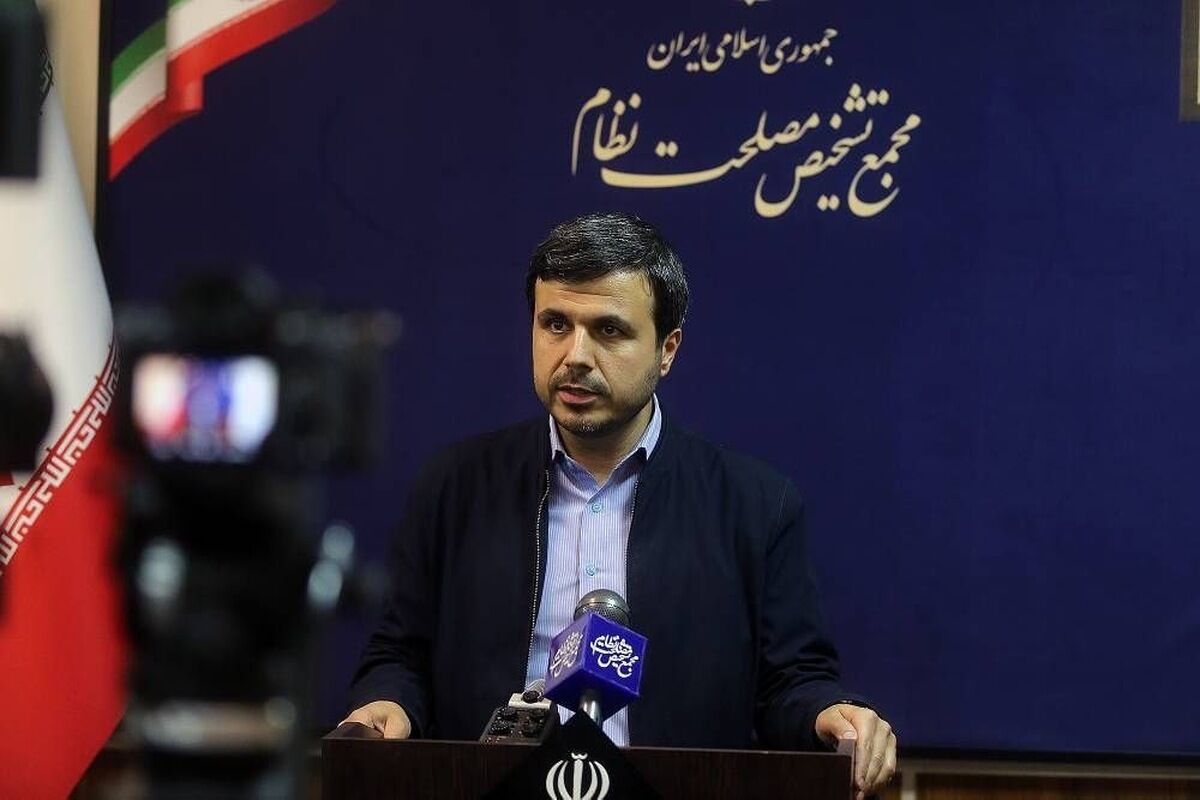UN preparing to scale up aid deliveries to Gaza on Sunday
UN preparing to scale up aid deliveries to Gaza on Sunday
A UN official told the New York Times that Israel has green lit the scaling up of aid deliveries to Gaza starting on Sunday.
The ceasefire agreement struck by Hamas and Israel stipulates an increase in aid deliveries into the Strip, as well as the opening of the Rafah crossing with Egypt, although questions remain around how the aid will be distributed and which agencies will be permitted to do it.
The UN said that some 170,000 metric tonnes of food, shelter and medicine is being held in warehouses outside Gaza and that aid workers are "ready and eager to act".
As part of the first phase of US President Donald Trump's 20-point plan, Gaza's crossings will fully reopen on Monday, allowing the entry of 400 aid trucks daily, expected to rise to 600 in the following days.
UN spokesperson Stephane Dujjaric said negotiations were ongoing with Israel to determine the amount of aid and frequency of deliveries, as well as the opening of more crossings.
"What has changed dramatically yesterday to today is the fact that the guns appear to have been silenced," Dujjaric said. "It's safer for our people to operate."
The UN agency for Palestinian refugees (Unrwa) said they had enough supplies in its warehouses to fill 6,000 trucks and that their teams stand ready to initiate distribution of lifesaving aid in the Strip.
Sam Rose, Unrwa's director of affairs in Gaza, told Middle East Eye that questions remained around the agency's ability to deliver the aid due to an ongoing Israeli ban on its activities in the occupied Palestinian territories.
While the current ban does not apply to Unrwa's activities within Gaza, the "no-contact" policy bars their trucks from entering the enclave.
Rose said the agency is preparing to get other organisations to bring their supplies into the Strip.
"What we're advocating for is that Unrwa be allowed to distribute those supplies once they get to Gaza," he told MEE. "The legislation says nothing about Unrwa's activities inside the territory."
Rose emphasised the centrality of Unrwa's expertise in securing an effective large-scale distribution of aid in Gaza.
"We've got enough food to feed everyone for between two and three months, and the population is starving. We've got shelter items for hundreds of thousands of people, blankets for over a million people."
Unlike other NGOs, Unrwa's long history of working in Gaza means it has secured the networks and community's trust to coordinate fast and effective aid distribution, he added.
"We have an ability. We're making everyone's lives much more difficult inside of Gaza if Unrwa is not permitted to be part of aid distribution," Rose said.











